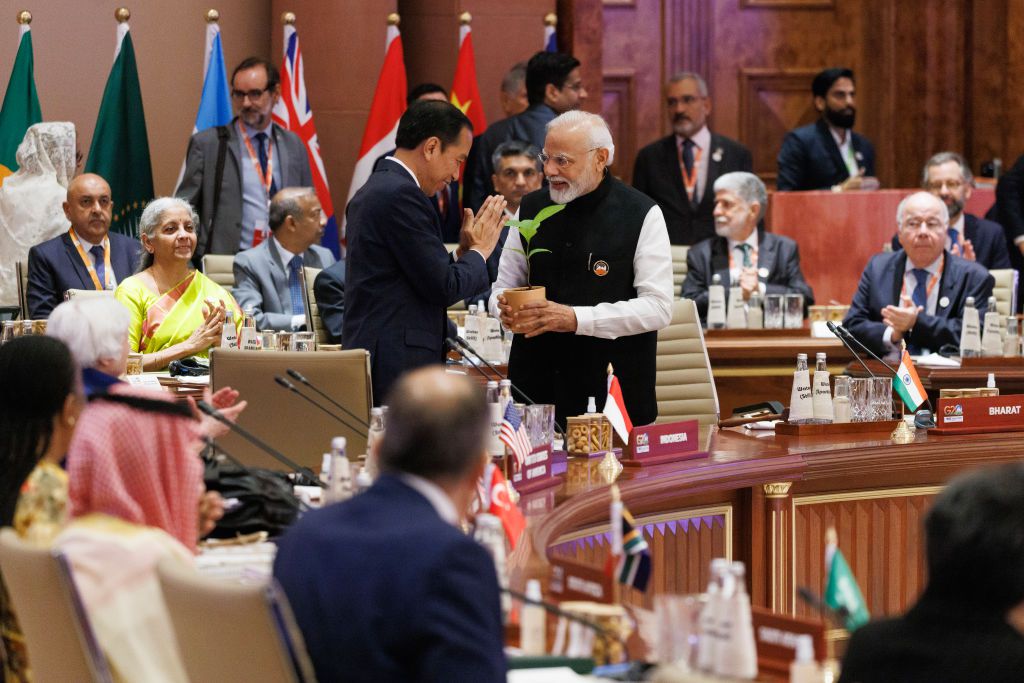This weekend kicked off the G20 summit in India, which will apparently deliver a group agreement on the need for stricter global regulation on crypto assets, according to a report Sept. 6 in The Hindu.
Noelle Acheson is the former head of research at CoinDesk and Genesis Trading. This article is excerpted from her Crypto Is Macro Now newsletter, which focuses on the overlap between the shifting crypto and macro landscapes. These opinions are hers, and nothing she writes should be taken as investment advice.
Why this matters
On the one hand, this is a big deal in that key global regulators are working at constructing a coordinated framework for crypto regulation. This acknowledges an acceptance of three key features of crypto assets:
1 – they are global: a bitcoin in Bengaluru is exactly the same as a bitcoin in Seattle.
2 – they can cross borders without detection: the impact on capital flows understandably triggers a desire to monitor this, hence the drive for cooperation.
3 – they are here to stay: banning them is no longer an option, so, from the authorities’ point of view, control is the next best thing.
On the other hand, the parties behind the initiative highlight some fractures underlying the apparent cohesion, as well as the shifting allegiances of global politics. This makes the fuss and the focus more noise than substance.
India
Let’s start with India, which has long been calling for global coordination on crypto regulation. When it assumed the presidency of the G20 in December of last year, it made crypto coordination one of the key goals of its mandate and statements made throughout the year have reiterated this focus.
But India is not exactly crypto-friendly.
As crypto markets developed, trading became such a popular activity that the Reserve Bank of India (RBI), the country’s central bank and financial regulator, felt compelled to issue regular warnings about the risks of crypto asset trading (one from 2013 even mentions dogecoins).
Read more: India Will Decide on Its Crypto Stance in Coming Months
In 2018, the RBI went further and issued a circular prohibiting banks from offering services to “any individual or business entities dealing with or settling virtual currencies.” In 2020, India’s Supreme Court overturned this circular, and in 2021, the RBI issued a…
Click Here to Read the Full Original Article at Cryptocurrencies Feed…
























